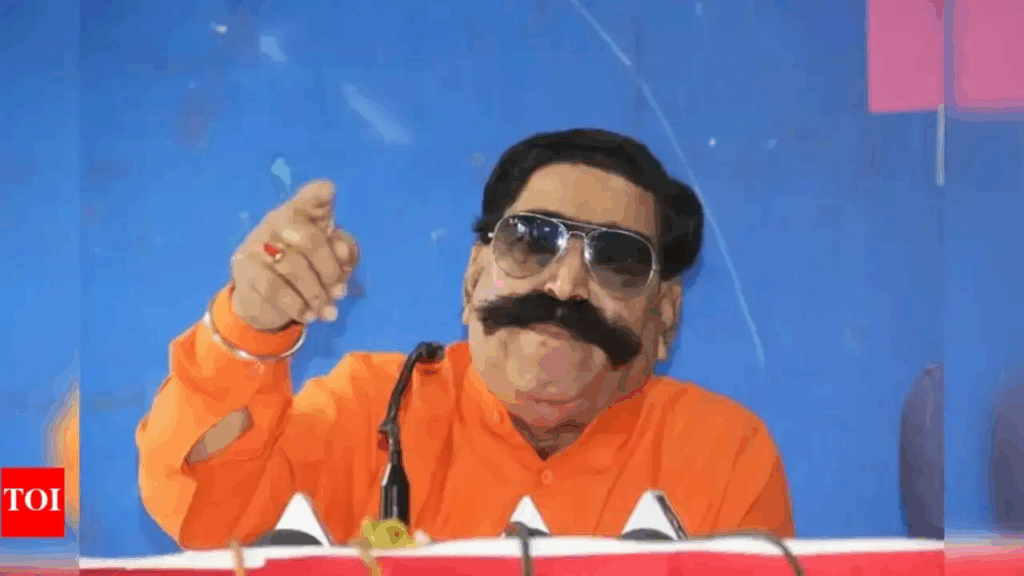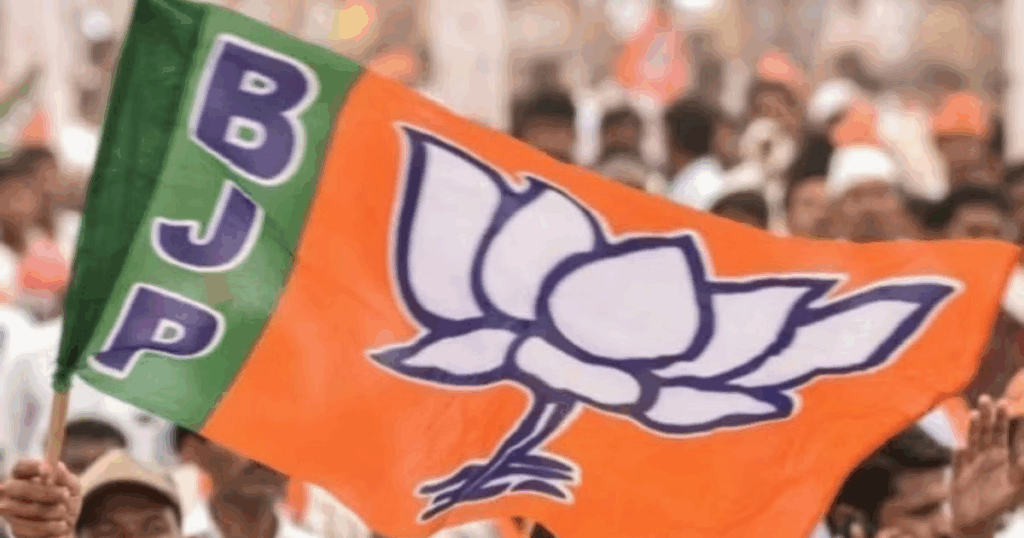Controversy is nothing new in Indian politics. Yet at times, utterances and acts by political figures ignite emotions so intense that they not only dominate national headlines but subsequently have grave repercussions. Such One example is the recent expulsion of erstwhile Rajasthan MLA Gyandev Ahuja by the Bhartiya Janata Party (BJP) due to a temple “purification” row.
Let’s deconstruct what went down, why it generated such a furore, and why the BJP decided to take such a firm action — all in plain vocabulary that everyone could understand.

Who is Gyandev Ahuja?
Gyandev Ahuja is a veteran Rajasthan political leader. He was a Member of the Legislative Assembly (MLA) earlier and is infamous for His demeanour showed Hindu religious observances and nationalism. He was a BJP member, a party that has constructed a large part of its reputation around religion, culture, and nationalistic issues.
Ahuja has had more than his fair share of controversies over the years due to his outspoken And when aggressive comments. But this time around, his statement has apparently crossed a line — even in his own party.
What Was the Temple ‘Purification’ Controversy?
The controversy began when Gyandev Ahuja allegedly called for a temple in Rajasthan to be “purified” following a visit by a Muslim official to the complex. He had purportedly declared the sanctity of the temple was compromised with the presence of Someone who comes from a different religion.

As expected, this comment sparked a An important amount that is indignation. It was considered by many to be an expression of religious intolerance, and even politically People who were neutral felt that the comments were offending and contrary to the spirit of India’s diversity.
Social media went into an uproar. News channels carried the story far and wide. And religious leaders from all communities started speaking up — largely decrying the notion that a house of worship is made “impure” by virtue of having been visited by someone of a different faith.
BJP’s Tough Stand
Under pressure from in and mounting public backlash, the BJP finally took decisive action. The business which was subsequently banned Gyandev Ahuja for his statements, claiming that his opinions were not representative of the party’s ideology or beliefs.
This is a very strong step. Political People when involve over or mildly penalize provocative assertions especially when issued by powerful leaders. But BJP’s expulsion of Ahuja gives a clear indication — that this kind of polarization statement will not be accepted.
Party spokespeople went on later to make it clear that BJP holds every religion Regarding and that temples are holy ground and available to everyone who visits in respect. They reiterated that the culture of India is a union of diversities, and utterances like that of Ahuja hurt the image of the party and values professed to embrace.
Public Reaction
The response of the public was divided, even when in display Favor of the expulsion. Highly praised BJP for acting against hate speech. Religious thinkers and civil social groups embraced it message that this conveys — that India belongs to everyone, and religion cannot be employed to alienate.
But some of Ahuja’s supporters alleged that his statements were misinterpreted or taken out of context. Some even accused the party of yielding to pressure and betraying a loyal party member.
But for most impartial witnesses, the message is obvious: it exists an increasing need to separate private belief from public duty — particularly when private beliefs damage Peace in society.

The Bigger Picture
This is more than A story about one man’s expulsion. It’s part of a more comprehensive conversation about it process religion and politics tend to get entangled in India — and how perilous that combination can be if not treated with caution.
Temples, mosques, churches, and gurudwaras are places to bring people together, provide peace, and promote spirituality. The notion that every house of worship becomes “dirty” due to a visitor’s faith is not only insensitive — it’s counter to the teachings of nearly every religion, including Hinduism.
When India is growing economically. and scaling new heights over the world, it is necessary that its social fabric does not disintegrate from in too. because of polarizing politics.
